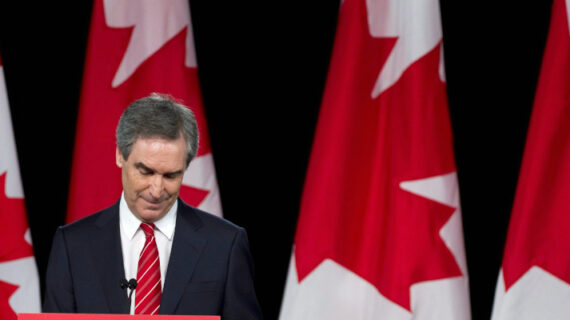The filibuster has a long record, dating back to Roman times, as a potent weapon in just about every legislative body in human history.
Merriam-Webster dictionary describes the term filibuster as using slow-down tactics “in an attempt to delay or prevent action, especially in a legislative assembly.”
The best way to do this? Talking endlessly.
One famous example was United States Senator Ted Cruz reading the Dr. Seuss classic Green Eggs & Ham to stall a congressional session in 2013.
The practice also has a long history on Parliament Hill. Former Conservative MP Tom Lukiwski was famous as the “Wayne Gretzky of parliamentary stall-tactics” for his ability to talk endlessly, ragging the puck at committee hearings with soliloquies as long as six hours.
A new example of filibustering was on full display this week as Liberal MPs deployed the tactic in committee hearings to slow down and stifle debate about reports of Chinese interference in recent Canadian elections.
At the hearing on Tuesday, the Liberals blocked a committee summons for Prime Minister Justin Trudeau’s chief of staff, Katie Telford, to testify about her knowledge of the alleged Chinese interference network.
Due to the minority Parliament, the opposition committee members would have enough votes to pass the motion. Long monologues to run out the clock and procedural pedantry were the Liberals’ only options to prevent Telford from being summoned to a three-hour grilling at the committee.
With no filibustering, the Hub team curated a list of four ways the Liberals attempted to roadblock queries about the alleged interference network.
Lengthy historical lectures
On Tuesday, Greg Fergus, Liberal MP for Hull—Aylmer, engaged in a long monologue about how foreign interference is not a new phenomenon and praised his former colleague Pierre Pettigrew, who has not worked in elected politics since 2006.
“As you know, (foreign interference) has existed in a variety of forms for years now. You might even say decades,” said Fergus.
Semi-related extended monologues about public transit infrastructure
On Thursday during a hearing about a potential public inquiry into the interference, Ruby Sahota, Liberal MP for Brampton North, launched into a cheerful, extended oration about why the cost of such an inquiry should rule it out.
Comparing the potential cost of a public inquiry to the $14.5 million cost of the infamous Ottawa LRT line, Sahota used up the limited committee time citing dates and statistics about the LRT, often repeating the same thing for effect in between pregnant pauses.
Closely examine the Harper years
Although opposition parties are keen to get to the bottom of foreign interference during the Trudeau government, the Liberals had other ideas.
Liberal MP Ryan Turnbull chewed up a long stretch of committee time with a history lesson about former prime minister Stephen Harper’s record on foreign interference.
“We know the past government did absolutely nothing on foreign election interference, and that’s a fact. I’ve never heard a Conservative say otherwise,” he said.
Turnbull managed to eat up some minutes off committee time by reading prior exchanges in the House of Commons between Liberal ministers and Conservative leader Pierre Poilievre, who used to be the Minister for Democratic Reform.
Pouncing on opposition gaffes
Towards the conclusion of the committee session, Conservative MP Michael Cooper addressed Joly:
“You’ve talked tough with your Beijing counterpart, so you say. You even stared into his eyes. I’m sure he was very intimidated,” said Cooper, with a distinctly sarcastic tone.
Cooper was then criticized by NDP committee member Rachel Blaney, and Liberal members Jennifer O’Connell and Sherry Romando. It ended up becoming the most prominent story to emerge from the committee session, with Canadians being no closer to having a clear view of how the Chinese government interfered and how the Liberal government responded to it.




